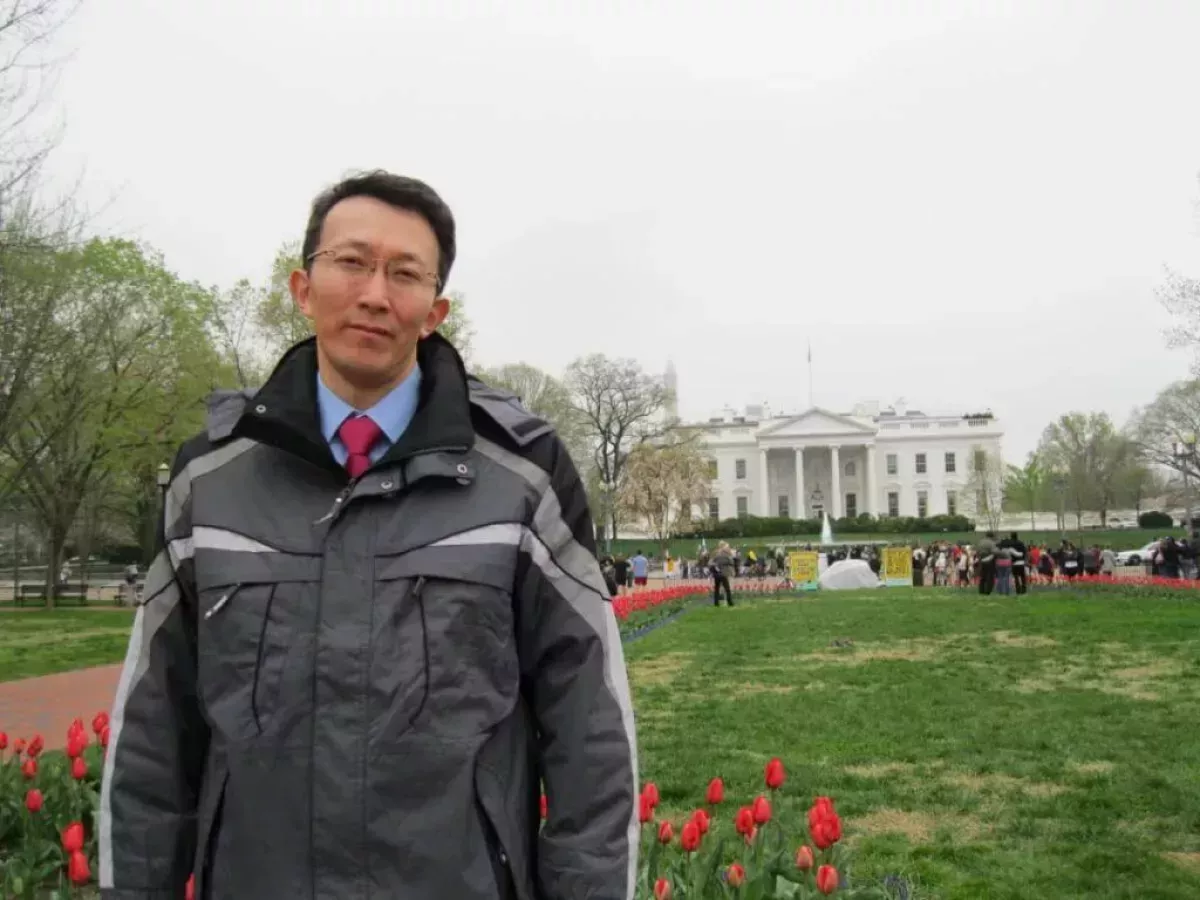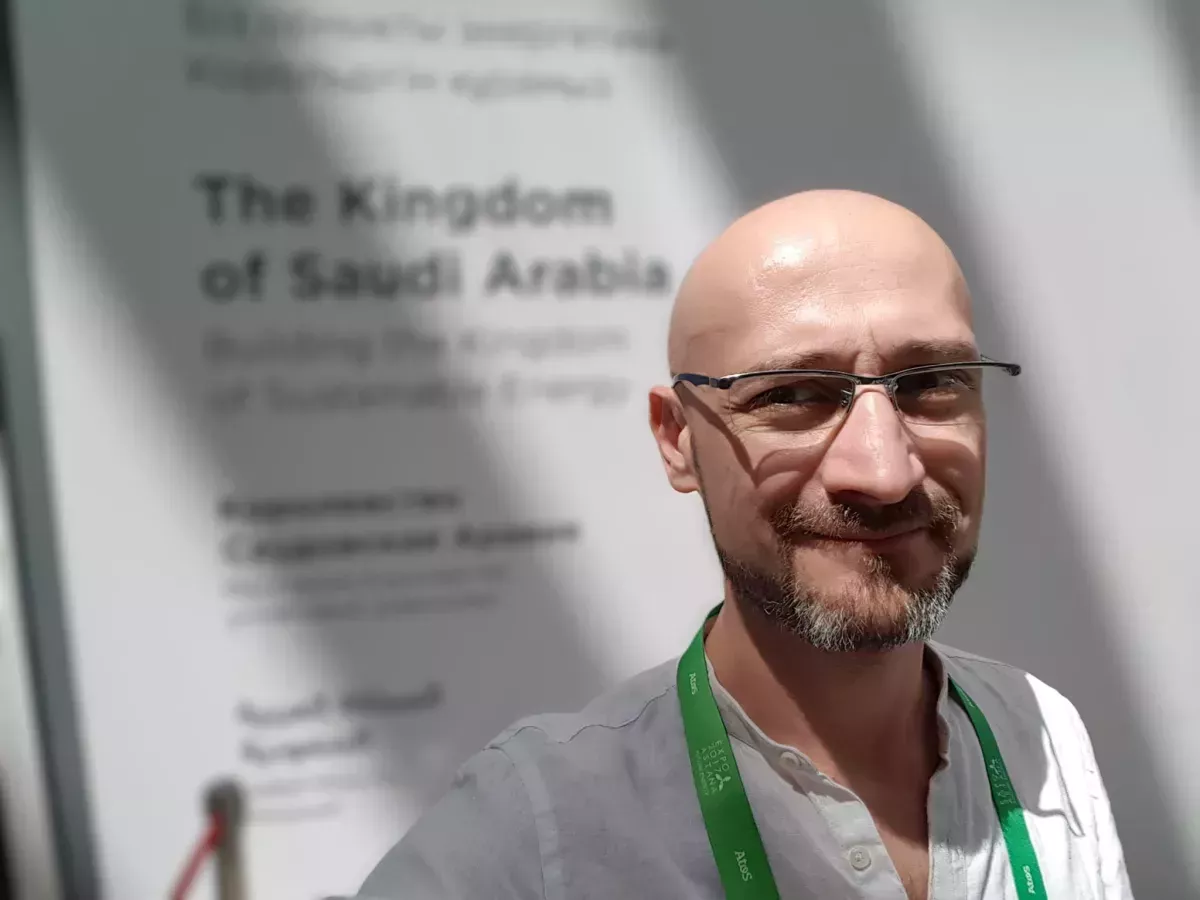Baku sets the Middle Corridor’s course for centuries, not decades Expert opinions on Caliber.Az
In his address to the 80th session of the UN General Assembly in New York on September 25, the President of the Republic of Azerbaijan, Ilham Aliyev, discussed, among other topics, the Middle Corridor. He noted that since 2022, freight transport along this route has increased by nearly 90 per cent, while transit times have been significantly reduced.
The Head of State also emphasised that Azerbaijan has become one of the world’s key transport hubs thanks to the largest commercial fleet in the Caspian, the Alat International Trade Port—whose capacity will reach 25 million tons per year in the coming years—the Baku–Tbilisi–Kars railway, nine international airports, the region’s largest cargo airline, and other strategic factors.
In this way, President Aliyev once again communicated to the international community that it is through Azerbaijan’s efforts that the strategic Middle Corridor project has become a reality, positioning both the country and the South Caucasus region as a crucial logistics hub.
In this context, it is also important to mention the 6th Caspian Business Forum held in New York, titled “Connectivity, Finance, and Energy along the Middle Corridor,” the significance of which cannot be overstated. Participants were provided with first-hand insights into this key transport artery, which, as President Ilham Aliyev emphasised in his address, offers a reliable and secure route connecting Europe and Asia via the Caspian Sea.
In his speech at the forum, Hikmet Hajiyev, Assistant to the President of the Republic of Azerbaijan and Head of the Presidential Administration’s Foreign Policy Department, stated that the country is making additional investments to increase freight transport along the Middle Corridor. He also noted that, since 2020, work has been underway on the Baku–Zangilan–Armenian border railway project, which is scheduled for completion by mid-2026.
“Work is underway on the 42-kilometre section of the Zangezur Corridor located on Armenian territory. Our partners from the United States are participating in these efforts. The third segment covers Nakhchivan, where additional investments are also being made, and we are inviting other international partners, including European countries, to cooperate. The main goal is to transform the South Caucasus into a space of cooperation,” said Hajiyev.
How is the potential of the Middle Corridor assessed in other countries involved in the project? Caliber.Az asked analysts from Kazakhstan and Georgia for their opinions.
Farhad Kassenov, a Kazakh political analyst and head of the research centre A+Analytics, noted that Kazakhstan, as a Caspian-bordering country friendly to Azerbaijan, pays close attention to the initiatives of President Aliyev.

“Moreover, in recent years we have observed very interesting coordination, and even synchronisation, of efforts between the leaders of Azerbaijan and Kazakhstan, who are jointly addressing a key task—turning Central Asia and the South Caucasus into one of the world’s major transport hubs. And this, to use the language of geopolitics, forms a kind of geographical axis of history. The name ‘Middle Corridor’ is by no means accidental in this context,” emphasised the expert.
He noted that Kazakhstan unequivocally supports Azerbaijan in its efforts, as the initiative carries enormous significance for the entire region. In this context, just recently, the Republic of Kazakhstan signed a major agreement with the American corporation Wabtec worth approximately $4.2 billion, under which the country will receive 300 locomotives with service support in the coming years.
“We have long operated a locomotive manufacturing plant in partnership with General Electric, and now a new contract has been signed covering both supply and assembly production. This brings American technology into the project, and Kazakhstan becomes an active link in the Middle Corridor,” he added.
According to the expert, three global powers are already involved in the development of the corridor—the European Union, China, and the United States. This significantly increases the importance of the project, which is gradually attracting new participants, making it both international and strategically significant.
“Speaking of the agreements reached in Washington, it is important to note their key significance for the development of the Middle Corridor, or, as it is officially called, the TITR—the Trans-Caspian International Transport Route. The Middle Corridor itself is only just beginning to take shape: logistics are being organised, transshipment points are being defined, and all of this is directly linked to the implementation of the Zangezur route. It is no coincidence that it has been dubbed the ‘Trump Route for International Peace and Prosperity’ (TRIPP), which symbolically reflects its purpose,” the expert explained.
He also emphasised that the involvement of the United States, alongside Europe and China, elevates the project from a purely regional initiative to the level of an international artery, comparable to the Panama and Suez Canals. At the same time, a particular challenge of the Middle Corridor lies in crossing the Caspian Sea, which serves both as a bridge and an obstacle.
“Given the interests of the world’s major powers, China’s technical capabilities, and Europe’s financial resources, it is now possible to expect a solution to the Caspian crossing. Sanctions against Russia and Iran make this route especially in demand, as it runs essentially between these two countries. In this context, Azerbaijan becomes the main gateway: for Kazakhstan, it is the entry to Europe, and for Europe, conversely, it is the eastern gateway to Central Asia and China. Kazakhstan fully supports President Aliyev’s initiatives to intensify the Middle Corridor and sees tremendous potential in this project,” the expert concluded.

Meanwhile, Georgian political analyst and Candidate of Historical Sciences Tengiz Javakhadze noted that the Middle Corridor is a transport route with unique prospects.
“Alongside TRIPP, an integral part of the Middle Corridor is the international Baku–Tbilisi–Kars railway, in which Georgia is involved, and, if desired, Russia could also participate. Existing communications make this feasible. Alongside the international North–South traffic passing through Azerbaijan to Iran with access to Türkiye or the Gulf countries, the Middle Corridor, with its wide variety of transport flows, is unparalleled and has no competitors.
The multidirectional nature of this global corridor is undoubtedly under the closest scrutiny of the world’s major powers, and its significance will only continue to grow in the near future. The South Caucasus countries will gain enormous benefits and substantial development potential from this, which makes President Ilham Aliyev’s remarks in New York—that Azerbaijan is the key beneficiary of the launch of this important transport artery—entirely accurate. It is the Azerbaijani state, with its wise foreign policy and pursuit of geopolitical balance, that is setting the course for the Middle Corridor’s further development and utilisation not only for decades but for centuries,” Javakhadze stated.








